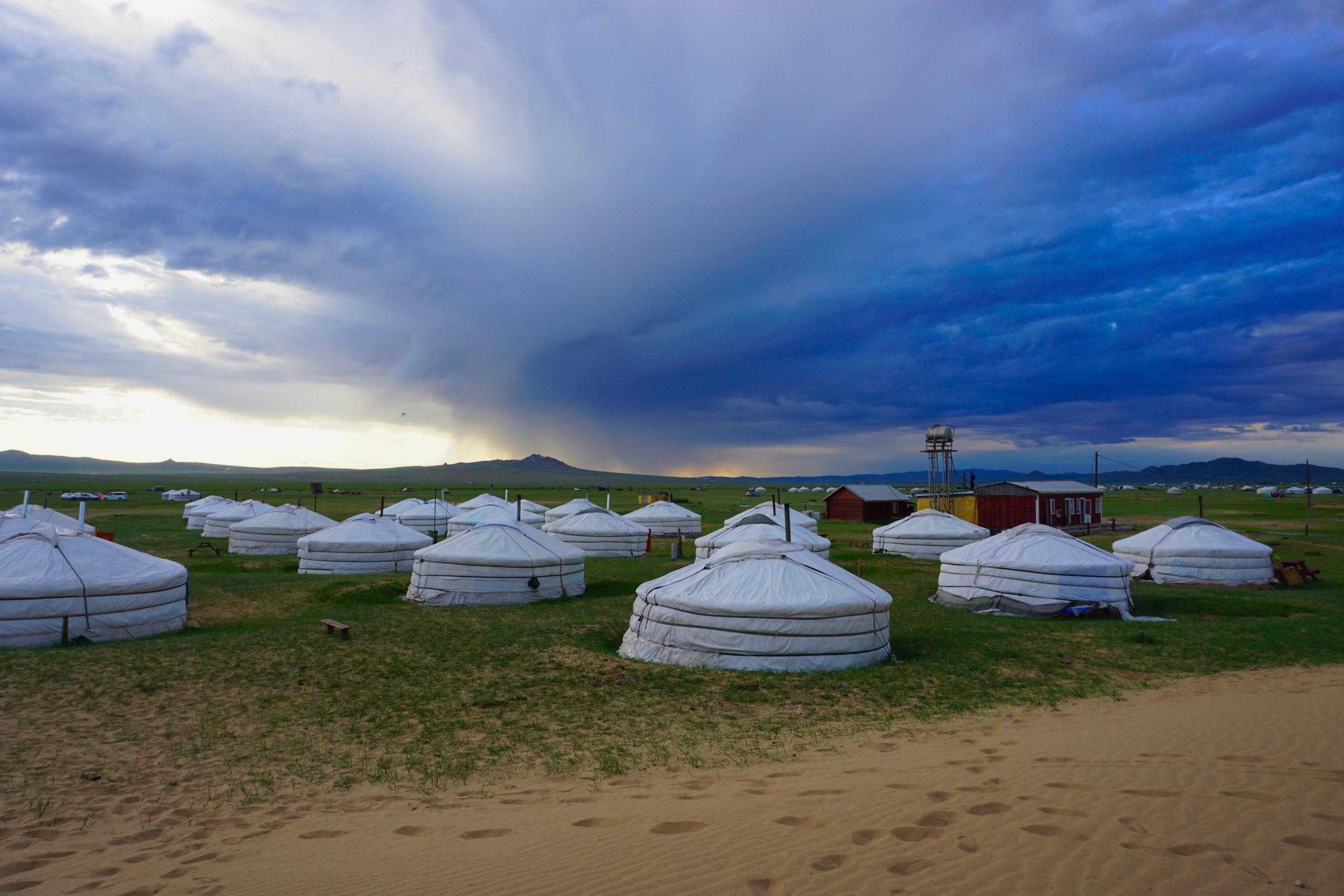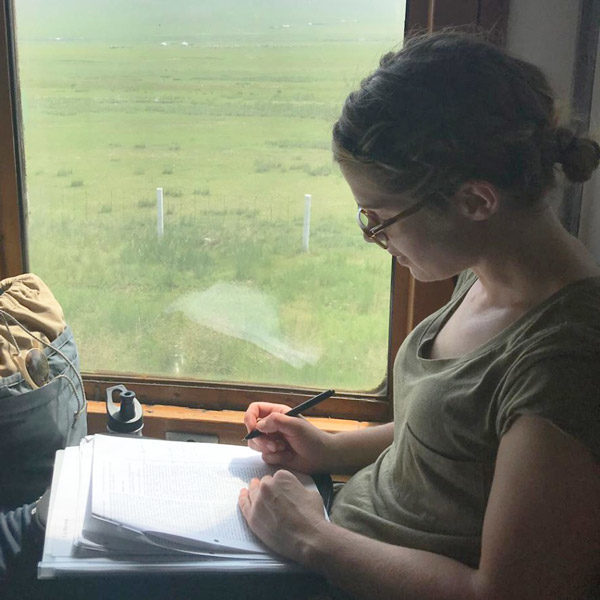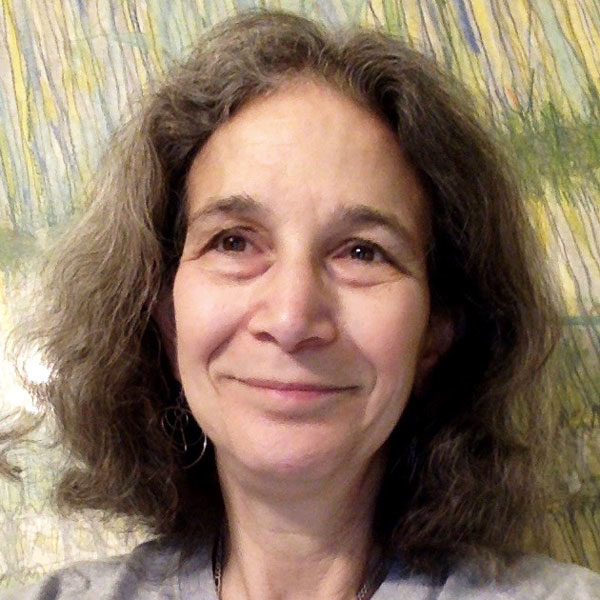Online Mongolia Field School 2021
Where adventure meets scholarship...

Due to Covid 19, the Mongolia Field School 2021 was organized in the form of online courses as shown below:
This is a book-club format course, in which we will discuss every week three or four thematically-related stories, and so develop an understanding of the relationship between literature and Mongolian politics and culture over the century since the revolution of 1921.
Mongolia has a rich and varied modern literary scene, and whatever you enjoy reading, in English or another language, has parallels in Mongolian. Reading Mongolian fiction is an exciting and meaningful way to explore Mongolia’s culture and history - and also to prepare for a future trip!
This course highlights Mongolians' lived experiences of climate change and related challenges. Case studies from other regions of the world will also be given for comparative purposes. Course content will draw primarily from research carried out by social scientists. One premise of the course is that scientific measures of climate change, though important, need to be complemented by qualitative data, for example, rural Mongolians' personal stories of climate change. Only such an interdisciplinary study of climate change can provide a complete picture of its challenges and serve as a solid basis for policy responses.
This is a survey course for people interested in geographically situated Mongolian Buddhism and its unique syncretism with local and cosmopolitan entities --from sacred mountains to Karakorum to the Gobi Desert. We will look at the history of Buddhism in Mongolia, focusing primarily on the 1930s religious purges and Buddhism's return after the fall of the Socialist regime in 1990. The course will also feature monastic leaders involved in the re-emergence of Buddhism who will discuss how it survived under socialism, how it was reestablished, and what it looks like today.
- Mining and Environment in Northern Mongolia
Led by Mongolian geoscientist Gantulga Bayasgalan, this Field School course focuses on social and environmental knowledge practices on nature and human relations, especially with the emphasis of mining activities in the Northern Mongolian regions. Participants in this program learn from instructors and guest lecturers about not only their goals and concerns, but also their ways of addressing and achieving them with special scope on environmental issues from mining. Participants will have the opportunity to participate in online meetings, discussions and activities of their interest, directed by instructor. At the end of the course, students will have experience in human-environment relations with special emphasis on mining activities in Northern Mongolia. They will have an opportunity to properly analyze, plan, discuss and present the results with best management practices for many issues confronting local communities. Students will be able to engage in meaningful discussions on common environment and sustainability topics with led by the instructor. Furthermore, through their assignments, students will learn how to propose, design and implement a research project on environmental and social issues based on the knowledge they obtained. This is an inter-disciplinary course that incorporates aspects of environment, geology-mining, sociology, humanities, sustainability science, cultural heritage and other fields.
This eight-session course will promote international interest in and development of the digitization and use of Mongolian language sources by practitioners and researchers in a range of fields and sectors, strengthening participants’ skills in fields of data science, digital humanities, and Mongolian language and culture.
Online courses are free and open to the public. If you would like to enroll online courses please contact at info@mongoliacenter.org


